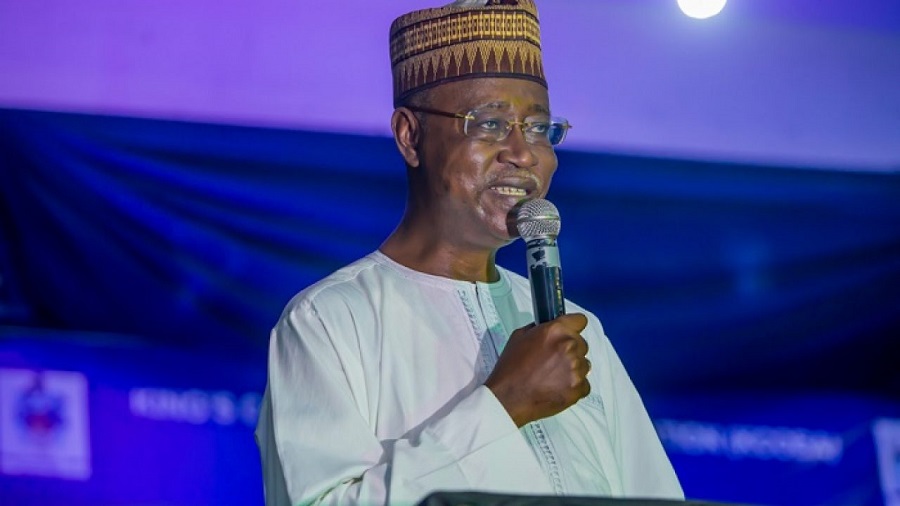The Tertiary Education Trust Fund (TETFund) has announced it disbursed the sum of N300 billion in 2021 to 226 tertiary institutions for infrastructure development and training.
This was disclosed by Alhaji Kashim Ibrahim-Imam, the Chairman, Board of Trustees, TETFund, on Monday in Asaba at an audit and accounts reconciliatory meeting with the TETFund beneficiary institutions in Delta State, according to the News Agency of Nigeria.
He disclosed that TETFund currently has 10,000 projects across the various tertiary institutions in the country to show for its efforts.
What TETFund chairman said
Ibrahim-Imam said that TETFund was committed to building the education sector through training of the academic staff members and the building of projects to make teaching and learning more conducive.
“Our performance, impact, is visible in every institution. At the University of Lagos alone, we have completed and ongoing 75 projects while at Lagos State University we have 68 projects.
“There is no tertiary institution that I have visited that does not have at least 50 completed and ongoing projects fully funded by TETFund.
“I want to assure all the institutions that we are going to do much more than we have done in the past,” Ibrahim-Imam said.
On Academic staff training and development, the TETFund boss said, “In the past 10 years, TETFund has successfully trained more than 30,000 lecturers across the country for Masters and PhD programmes locally and internationally.”
He added that in 2021, TETFund’s overall budget is N300 billion, with each university accessing an overall budget of about N900 million.
Ibrahim-Imam said, “Also each polytechnic will access in excess of N800 million while the colleges of education will access in excess of N700 million.
“We have about 226 tertiary institutions on our records as at the last count and we are counting more.
“For academic staff training and development, each university will access about N150 million, Polytechnic and colleges of education, N120 million each this year.”
He, urged institutions to examine and evaluate the costs of staff training abroad and resolve to look inward for more staff to be trained locally, citing the depreciating value of naira to foreign currencies.












